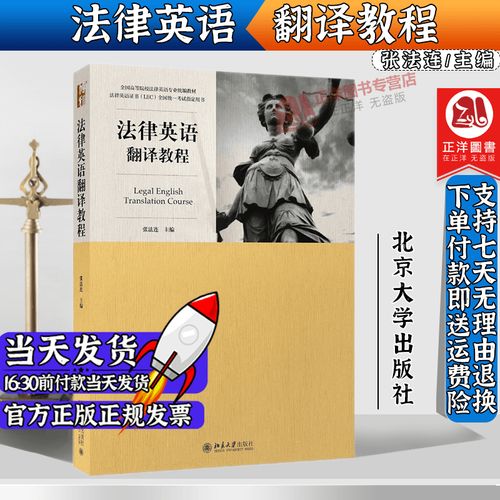Legal translation is a specialized field that requires a deep understanding of both the source and target languages, as well as a thorough knowledge of legal terminology and concepts in both legal systems. When translating legal documents from Chinese to English, it is important to pay attention to accuracy, clarity, and consistency to ensure that the translated text conveys the intended meaning accurately.
Challenges in Legal Translation
Legal translation can be particularly challenging due to the differences in legal systems, terminology, and cultural nuances between Chinese and English. Some common challenges in legal translation include:

- Legal Terminology: Legal terms may not have direct equivalents in the target language, requiring the translator to find appropriate equivalents or provide explanations.
- Cultural Differences: Legal concepts and practices may vary between Chinese and English-speaking countries, requiring the translator to consider cultural differences when translating legal texts.
- Complexity: Legal documents are often complex and technical, requiring the translator to have a strong understanding of legal principles and language.
- Accuracy: Legal translations must be accurate and precise to avoid misinterpretation or ambiguity.
Best Practices for Legal Translation
When translating legal documents from Chinese to English, it is important to follow best practices to ensure the quality and accuracy of the translation:
- Use Professional Translators: Hire professional translators with expertise in legal translation and a strong command of both Chinese and English.
- Research Legal Terminology: Familiarize yourself with legal terminology in both languages and consult legal dictionaries and resources when needed.
- Maintain Consistency: Use consistent terminology and style throughout the translation to ensure clarity and accuracy.
- Proofread and Edit: Review the translated text carefully to check for errors, inconsistencies, and ensure accuracy.
- Consider Cultural Differences: Be aware of cultural differences that may impact the interpretation of legal texts and adjust the translation accordingly.
Key Considerations for Legal Translation
When translating legal documents from Chinese to English, it is important to consider the following key factors:
- Legal System: Understand the legal systems of both Chinese and English-speaking countries to accurately translate legal concepts and principles.
- Context: Consider the context in which the legal document is being used and ensure that the translation is appropriate for its intended audience.
- Confidentiality: Maintain confidentiality and ensure that sensitive information in legal documents is protected during the translation process.
- Certification: In some cases, legal translations may require certification by a qualified translator to be considered valid in legal proceedings.
By following best practices and considering key factors in legal translation, you can ensure that the translated text accurately conveys the intended meaning and meets the requirements of the legal context.











